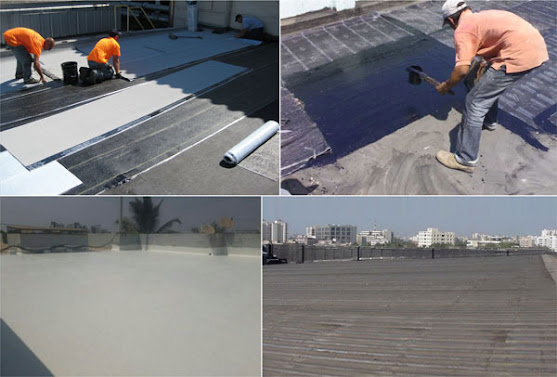What Are The Properties Of Construction Chemicals
There are many different materials used to construct buildings and other structures. When it comes to building, there’s a trade-off between cost and quality, and the wall crack repair products India selected will determine how long a building will last and what it looks like. For example, a steel beam will be less expensive than a concrete beam with the same strength, but it’ll also look very different. Something like granite countertops will last longer than plywood countertops and look nicer, but granite will be more expensive. This is something that only an experienced contractor can make a good decision about.
The application of building materials and manufacturing depends on the materials used. For example, some building materials, like cement and concrete, are used only in industrial production. Others, like steel and aluminium, can be used in industrial and residential areas.
The physical properties of construction chemicals include the ability to react with water and other materials. Physical properties can also be used to determine the chemical properties of a particular chemical. Chemical properties are essential in determining how a chemical will react with other substances or liquids.
The properties of construction materials are determined by concrete admixture manufacturers. There are about 20 physical properties of building materials on which the construction materials can be selected.
· The density determines how much weight a material can support, and the bulk density determines how much a material can hold in its volume. In addition, the density index is used to determine whether a material is dense or light.
· The specific weight determines how much force is required to move a particular material.
· Specific gravity measures how heavy an object is compared to water and is used to determine whether or not a given material will float or sink in water. Absolute specific gravity measures how much something weighs compared to air, whereas apparent specific gravity measures how much something weighs compared to water.
· Porosity determines how much space between molecules in a substance, while the void ratio refers to the percentage of space occupied by air within a substance.
· Hygroscopic means that moisture attracts molecules together; water absorbent means that moisture repels molecules apart; weathering resistance refers to whether or not an object can withstand environmental conditions such as rain or wind; water permeability refers to whether fluids flow freely through.
· Water absorption is measured as a percentage of the dry material’s weight or volume.
Water absorption is essential because it affects how much moisture can be absorbed by a material, affecting how well it performs when exposed to water.




Comments
Post a Comment